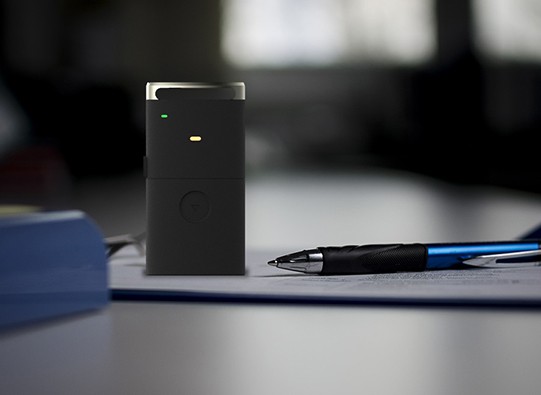GATEKEEPER BLOG

How Hackers Steal Passwords
Hackers are always evolving their methods of stealing passwords. It will be too late once the data breach has already occurred and the cybersecurity teams starts to wonder how could hackers steal passwords from them.
1. Advanced Phishing Techniques
Phishing remains a primary method for stealing passwords, but the tactics have become more sophisticated. Hackers are now using AI and machine learning to create highly personalized and convincing phishing emails or messages, making them harder to distinguish from legitimate communications. These may include deepfake technology to mimic voices or images of known contacts or authority figures.
2. Exploiting Multi-Factor Authentication (MFA)
While MFA is a critical security measure, hackers are finding ways to bypass it. Techniques like real-time phishing, where the attacker intercepts the MFA process during a legitimate login attempt, or SIM swapping, where the attacker takes control of a victim’s phone number, are becoming more prevalent.
3. Browser Extension Malware
Malicious browser extensions can be used to track and steal password inputs. These extensions might appear legitimate or useful but run malicious code in the background to capture keystrokes or form inputs.
4. Credential Stuffing with Improved Automation
Credential stuffing attacks, where hackers use previously breached username-password pairs on multiple websites, have become more sophisticated. Automated tools and bots are now being used to try these combinations at scale, exploiting the common practice of password reuse.
5. Exploiting Zero-Day Vulnerabilities
Hackers are increasingly targeting unknown or unpatched vulnerabilities in software (zero-days) to gain unauthorized access. Once inside the system, they can steal stored passwords or intercept them during user logins.
6. Social Engineering Tactics
Social engineering continues to evolve, with hackers using psychological manipulation to trick individuals into revealing their passwords. This might involve pretexting (creating a fabricated scenario), baiting (offering something enticing), or quid pro quo (offering a service or benefit in exchange for information).
7. Remote Work Vulnerabilities
As remote work persists, hackers are exploiting vulnerabilities in home networks and remote work tools. This includes attacking weakly secured Wi-Fi networks or exploiting vulnerabilities in remote desktop protocols and VPNs.
8. Use of AI-Powered Tools for Password Cracking
Hackers are increasingly employing AI and machine learning algorithms to crack passwords more efficiently. These tools can analyze large datasets to predict and test password combinations more effectively than traditional brute-force methods.
9. Man-in-the-Middle (MitM) Attacks on Unsecured Networks
With the increase in remote work and public Wi-Fi usage, MitM attacks are on the rise. In these attacks, hackers intercept communication between the user and the server to capture login credentials, often on unsecured or poorly secured Wi-Fi networks.
10. Exploiting Mobile Device Vulnerabilities
As mobile devices become more central to our digital lives, hackers are targeting them to steal passwords. This includes exploiting vulnerabilities in mobile operating systems, apps with poor security, and using mobile malware to track keystrokes or screen activity.
11. Voice Phishing (Vishing)
Vishing, or voice phishing, involves using phone calls to trick individuals into revealing their passwords. With the rise of VoIP and caller ID spoofing, these attacks have become more convincing, often posing as customer support or security personnel from a trusted company.
12. Misuse of Biometric Data
While not directly stealing passwords, hackers are increasingly targeting biometric authentication systems. By stealing or replicating fingerprints, facial recognition data, or other biometric identifiers, they can bypass security measures that are often used in conjunction with traditional passwords.

See GateKeeper Enterprise advanced MFA in action.
Take a self-guided tour of how you can evolve from passwords. Then you're really saving time with automation.



